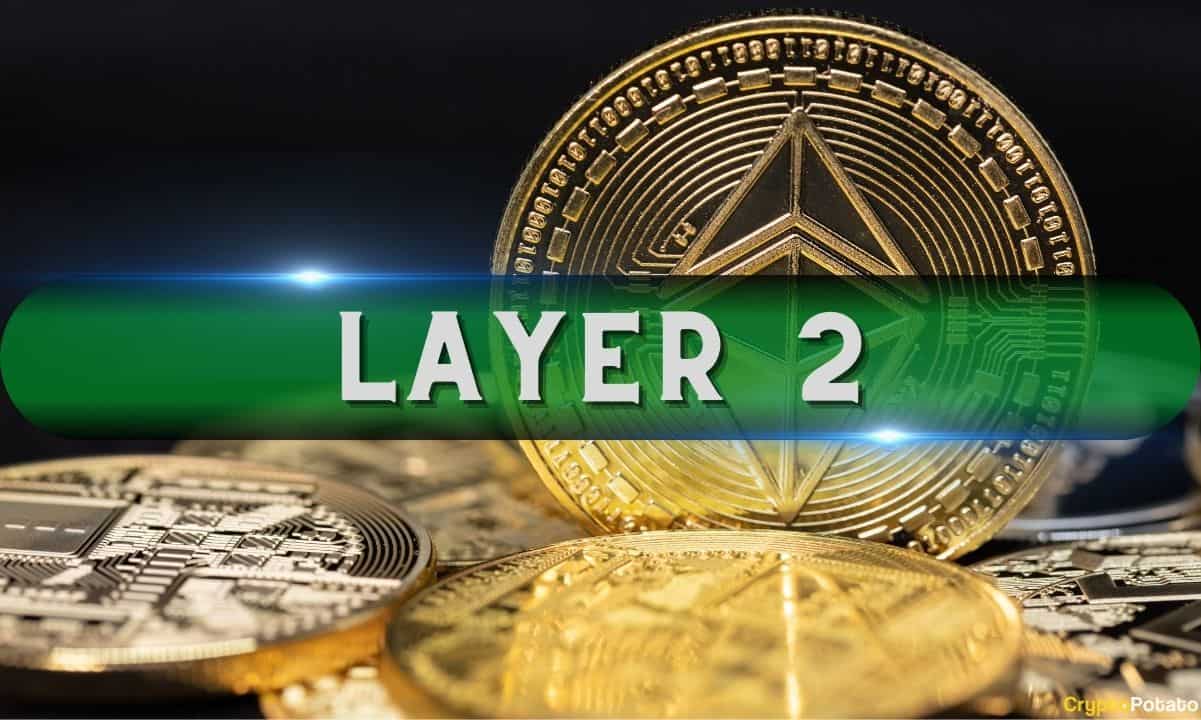Ethereum Foundation Commits $32.65M to Advance L2 Efficiency and Education

The Ethereum Foundation has allocated $32.65 million in grants through its Ecosystem Support Program (EFESP) during the first quarter of 2025.
In a May 8 update, the foundation broke down the allocations by category, type, and recipient, but it did not provide information on how much each beneficiary received.
Project Details
According to the post, some of the categories included community and education, consensus layers, cryptography, and zero-knowledge proofs. There were also allocations for initiatives focused on developer experience and tools, execution layers, overall ecosystem growth and support, and Layer 2s, among others.
Most of the grants were dedicated to “Community and Education,” with 37 such projects receiving financial aid. These parties aim to grow the Ethereum ecosystem globally through events like ETH conferences and hackathons such as ETHPrague and ETHiopia, the first Ethereum meet to be held in Addis Ababa, Ethiopia.
Others, like the Arabic Blockchain Developer Bootcamp, are involved in creating educational content and building community programs that engage developers and the public. The funding also supported academic conferences and research hubs connected to the blockchain.
The second largest category was “Cryptography and Zero-Knowledge Proofs,” with 16 projects receiving grants. These recipients are prioritizing advancing zero-knowledge proof (ZKP) technology, developing cryptographic techniques, building ZKP tools, and researching post-quantum cryptography and security.
Seven projects and individuals, including mathematician Andrew Lewis-Pye, were supported in the “Consensus Layer” group, focusing on improving the security and performance of Ethereum’s consensus mechanism. Their efforts include rollup standardization, data indexing improvements, network optimization, and client development.
The Ethereum Foundation also sponsored 17 projects under “Developer Experience and Tooling.” Beneficiaries such as BuidlGuidl are focused on creating mobile SDKs, building educational communities, developing analytics platforms, and advancing validator tooling. Some are also working on EIP accessibility, ecosystem tools, and language support libraries.
Five initiatives and researchers are focused on the “Execution Layer,” which includes efforts to develop execution clients, optimize gas costs, analyze gas metering changes, and explore alternative client implementations. Additionally, two recipients, including the European Decentralization Think Tank, were funded under “Overall Growth and Support,” aimed at nurturing talent through research fellowships and a formal internship program.
Others include seven schemes in areas like decentralization advocacy, DeFi data accessibility, institutional onboarding, and formal verification research. They are also involved in local-first application development and industry analysis reports.
Ecosystem Developments
This announcement came just a day after Ethereum’s Pectra upgrade went live. The update combines the Prague execution layer and Electra consensus layer, introducing 11 Ethereum Improvement Proposals (EIPs) to the network.
Ethereum co-founder Vitalik Buterin also recently shared a roadmap focused on Layer 1 scalability, blobs, and user experience. The non-profit’s main goals are to ensure that users benefit from the blockchain’s core properties while strengthening the ecosystem’s resilience and decentralization.
The post Ethereum Foundation Commits $32.65M to Advance L2 Efficiency and Education appeared first on CryptoPotato.
Ethereum Foundation Commits $32.65M to Advance L2 Efficiency and Education

The Ethereum Foundation has allocated $32.65 million in grants through its Ecosystem Support Program (EFESP) during the first quarter of 2025.
In a May 8 update, the foundation broke down the allocations by category, type, and recipient, but it did not provide information on how much each beneficiary received.
Project Details
According to the post, some of the categories included community and education, consensus layers, cryptography, and zero-knowledge proofs. There were also allocations for initiatives focused on developer experience and tools, execution layers, overall ecosystem growth and support, and Layer 2s, among others.
Most of the grants were dedicated to “Community and Education,” with 37 such projects receiving financial aid. These parties aim to grow the Ethereum ecosystem globally through events like ETH conferences and hackathons such as ETHPrague and ETHiopia, the first Ethereum meet to be held in Addis Ababa, Ethiopia.
Others, like the Arabic Blockchain Developer Bootcamp, are involved in creating educational content and building community programs that engage developers and the public. The funding also supported academic conferences and research hubs connected to the blockchain.
The second largest category was “Cryptography and Zero-Knowledge Proofs,” with 16 projects receiving grants. These recipients are prioritizing advancing zero-knowledge proof (ZKP) technology, developing cryptographic techniques, building ZKP tools, and researching post-quantum cryptography and security.
Seven projects and individuals, including mathematician Andrew Lewis-Pye, were supported in the “Consensus Layer” group, focusing on improving the security and performance of Ethereum’s consensus mechanism. Their efforts include rollup standardization, data indexing improvements, network optimization, and client development.
The Ethereum Foundation also sponsored 17 projects under “Developer Experience and Tooling.” Beneficiaries such as BuidlGuidl are focused on creating mobile SDKs, building educational communities, developing analytics platforms, and advancing validator tooling. Some are also working on EIP accessibility, ecosystem tools, and language support libraries.
Five initiatives and researchers are focused on the “Execution Layer,” which includes efforts to develop execution clients, optimize gas costs, analyze gas metering changes, and explore alternative client implementations. Additionally, two recipients, including the European Decentralization Think Tank, were funded under “Overall Growth and Support,” aimed at nurturing talent through research fellowships and a formal internship program.
Others include seven schemes in areas like decentralization advocacy, DeFi data accessibility, institutional onboarding, and formal verification research. They are also involved in local-first application development and industry analysis reports.
Ecosystem Developments
This announcement came just a day after Ethereum’s Pectra upgrade went live. The update combines the Prague execution layer and Electra consensus layer, introducing 11 Ethereum Improvement Proposals (EIPs) to the network.
Ethereum co-founder Vitalik Buterin also recently shared a roadmap focused on Layer 1 scalability, blobs, and user experience. The non-profit’s main goals are to ensure that users benefit from the blockchain’s core properties while strengthening the ecosystem’s resilience and decentralization.
The post Ethereum Foundation Commits $32.65M to Advance L2 Efficiency and Education appeared first on CryptoPotato.

